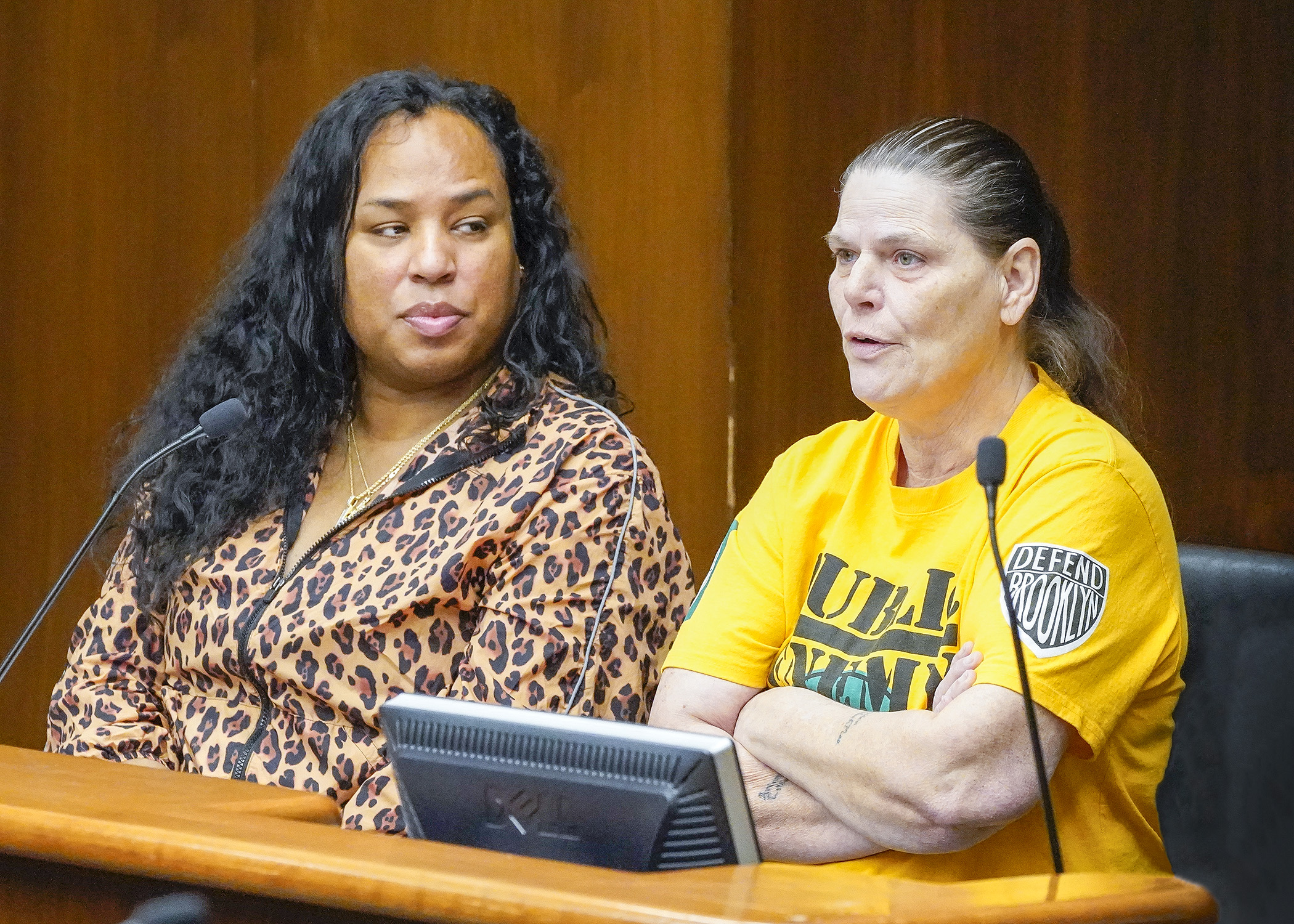More help may be on the way for kinship caregivers

For every child in Minnesota being raised by kin in the foster care system, there are six being raised informally by kin.
Nearly 80,000 children in the state are being raised informally by a relative and kinship care is commonly defined as the full-time care of a child by relatives, members of a tribe or clan, godparents, stepparents or other adults who have a family relationship to the child.
Rep. Kim Hicks (DFL-Rochester), a kinship caregiver herself, shared those statistics with fellow members of the House Children and Families Finance and Policy Committee Tuesday, while explaining the bill she sponsors that’s meant to help kinship caregivers.
“HF1661 responds to the needs of our informal kinship caregivers who are actively preventing children from entering the child welfare system and to the needs of our formal kinship caregivers who are increasingly the primary foster parents to Minnesota children in care,” Hicks said.
It would appropriate $12.4 million during the upcoming biennium for a new grant program to help informal kinship caregivers along with providing additional financial support for adoptive, foster and kinship families.
The committee laid the bill over, as amended, for possible omnibus bill inclusion.
Grants would be administered by the Department of Human Services and go to eligible community-based nonprofits to help informal kinship caregivers connect to resources and support. The grants could also be used to assess needs, provide case management in complex cases and give other supports to reduce the need or risk of child welfare involvement.
Some of the money would be used to evaluate the grant program and identify kinship services most valued by families and that have the greatest impact, as well as ongoing gaps in support that may exist.
Hicks said kinship caregivers need financial, legal, medical and other resources, but the statewide need, especially in Greater Minnesota, far exceeds availability. She said expansion of those resources would help keep families together while setting children up for success.
Rep. Brian Daniels (R-Faribault)is a second generation foster parent. He said the bill would help children live in good homes and, although it can sometimes be difficult to do, reuniting kids with their families is always the goal.
Hicks said kinship caregivers who are raising children informally can often feel alone and unsupported, but she wants to ensure caregivers get the support they need to make sure their children are loved, safe and able to remain with family.
Related Articles
Search Session Daily
Advanced Search OptionsPriority Dailies
Speaker Emerita Melissa Hortman, husband killed in attack
By HPIS Staff House Speaker Emerita Melissa Hortman (DFL-Brooklyn Park) and her husband, Mark, were fatally shot in their home early Saturday morning.
Gov. Tim Walz announced the news dur...
House Speaker Emerita Melissa Hortman (DFL-Brooklyn Park) and her husband, Mark, were fatally shot in their home early Saturday morning.
Gov. Tim Walz announced the news dur...
Lawmakers deliver budget bills to governor's desk in one-day special session
By Mike Cook About that talk of needing all 21 hours left in a legislative day to complete a special session?
House members were more than up to the challenge Monday. Beginning at 10 a.m...
About that talk of needing all 21 hours left in a legislative day to complete a special session?
House members were more than up to the challenge Monday. Beginning at 10 a.m...